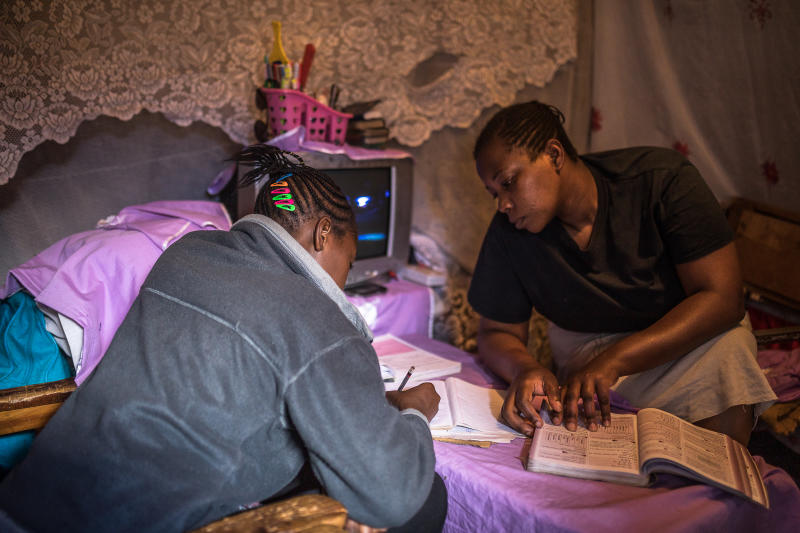
Sheila Achieng’ is a Kenya Certificate of Primary Education (KCPE) candidate at Olympic Primary School. It maybe several months to the examination, but she is worried. Like thousands of other learners across the nation, she has lost valuable time caused by the abrupt disruption of the coronavirus pandemic.
But her case is more worrying. While many other counterparts could be reaping from online lessons, this is a luxury her family, and indeed her neighbourhood in Kibera, cannot afford. Worse, it is painstaking to do personal studies in a house sitting in the middle of the messy and noisy slum.